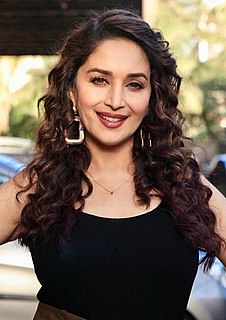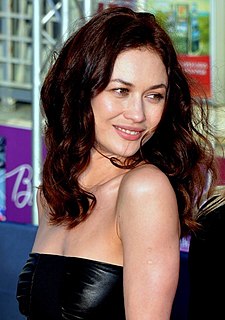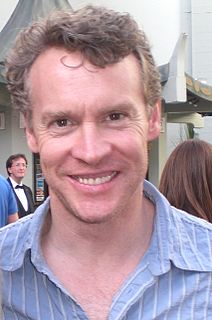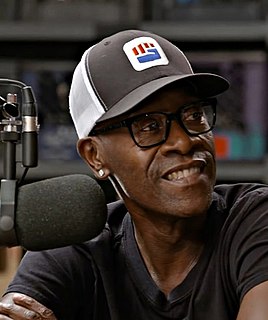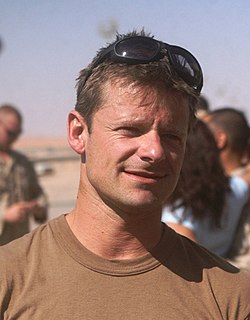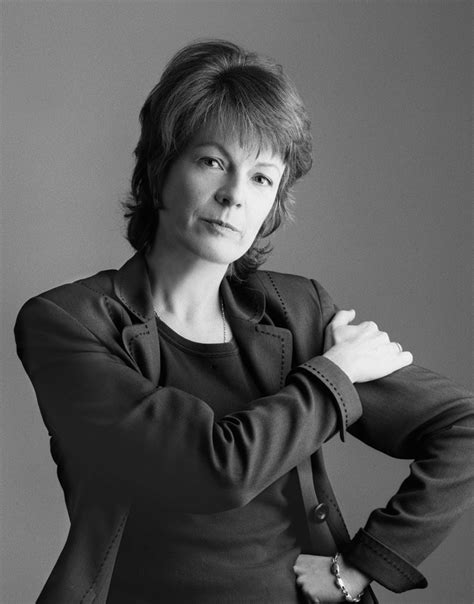A Quote by Madhuri Dixit
I remember when I did 'Mrityudand' there was this big hoo-ha, and people were asking me why I was doing an art movie, and I would just tell them that, 'You know, what's the big deal, it's a movie.' I'm so glad that's a thing of the past.
Related Quotes
The whole first movie [Twilight] was pretty fun. I had never really done a movie like it, when there's such a big cast of people that are around about the same age. Everyone didn't really know what was going to happen with the movie, but there was a good energy. There was something which people were fighting for, in a way. They wanted it to be something special. None of us were really known then, as well. It felt like a big deal, at the time.
When we wrapped Resident Evil, we were a 3D movie, but it was no big deal. And then, Avatar came out and the whole of Hollywood was like, "Look at these grosses! 3D is huge. Let's all be 3D!" We just got on with doing what we were doing, which was making what we think is a really quality, kick-ass 3D movie, and we'll really be the first live-action 3D movie of the year.
With Dawn I was afraid people would just think it's a B-movie and I didn't know what I was doing. That's really what I was afraid of. Like the subtlety of the movie they would miss. If the movie succeeds, it's that people understand the subtlety. That they're able to see past the conventions of what they think a movie is and go a teeny bit deeper and let it be both.
First of all, I had the desire for that format [silent movie], and then when I was talking to people, I felt that people needed justification. Why are you doing a silent movie? Is it just for your own pleasure? I felt it was not enough for them so I realized I have to choose the subject that will make things easier for them and to tell the story of a silent actor makes sense for doing a silent movie.
Directing is a big responsibility to take on. I think I'm only good at doing things I know very well. I don't direct movies because I get offered the new vampire movie or science fiction movie. I don't get offered those, anyway, but if I did, I would just tell 'em, "Look, I'm the wrong guy." I only do things about people and situations, and I do the ones that I think I'm the best guy for the job on, which is usually something I generate myself.
People always said, "I can't believe you made a movie that had no script." Yeah, but here's the thing, if you've got actors who are used to that, and that's what they like to do, they're all good improvisers and they're all people that feel comfortable doing that, then you know, it's not that big of a deal. It's what you do.
I don't know what would be antithetical to do on the other side, maybe a Tyler Perry movie or something. No, there are very few comedies that live in between that. Or you're doing some kid thing like a Jim Carrey movie with animated something that's like that. Yeah, I've wanted to do them. I like doing them. I did Talk to Me. That was pretty much a comedy.
We [with John Logan] started talking about The Searchers, and then he went on to tell me a story about when he first met John Wayne, and he said, "Hey, you be me and I'll be Wayne," and I said, "No, let me be Wayne!" Anyway, it was a very pleasant conversation, it was clear to him that I was a big movie fan, and by the time I got home, there was a phone call, asking if I'd mind doing one scene in the movie [The Aviator].
When critics or people judge, I think it's harder to make a commercial, pop movie than it is to make a pretentious art film. It's harder to reach millions of people and satisfy them and make them happy. These films kind of get ghettoized, this genre because there are so many big, big movies that are such big hits, but aren't any good. The audiences, they're not judging the style of the director, or the execution of the film. They're just looking to be entertained. They want to escape from their reality, and that's why we make movies, to get people to escape from the realities.
It [TV] is the cancer of film. It's why people can't be educated to film. In the late '60s, we expected to see a movie or two every week and be stimulated, excited and inspired. And we did. Every week after week. Antonioni, Goddard, Truffaut - this endless list of people. And then comes television and home video. I know how to work exactly for the big screen, but it doesn't matter what I think about the art of movie-making versus TV.
